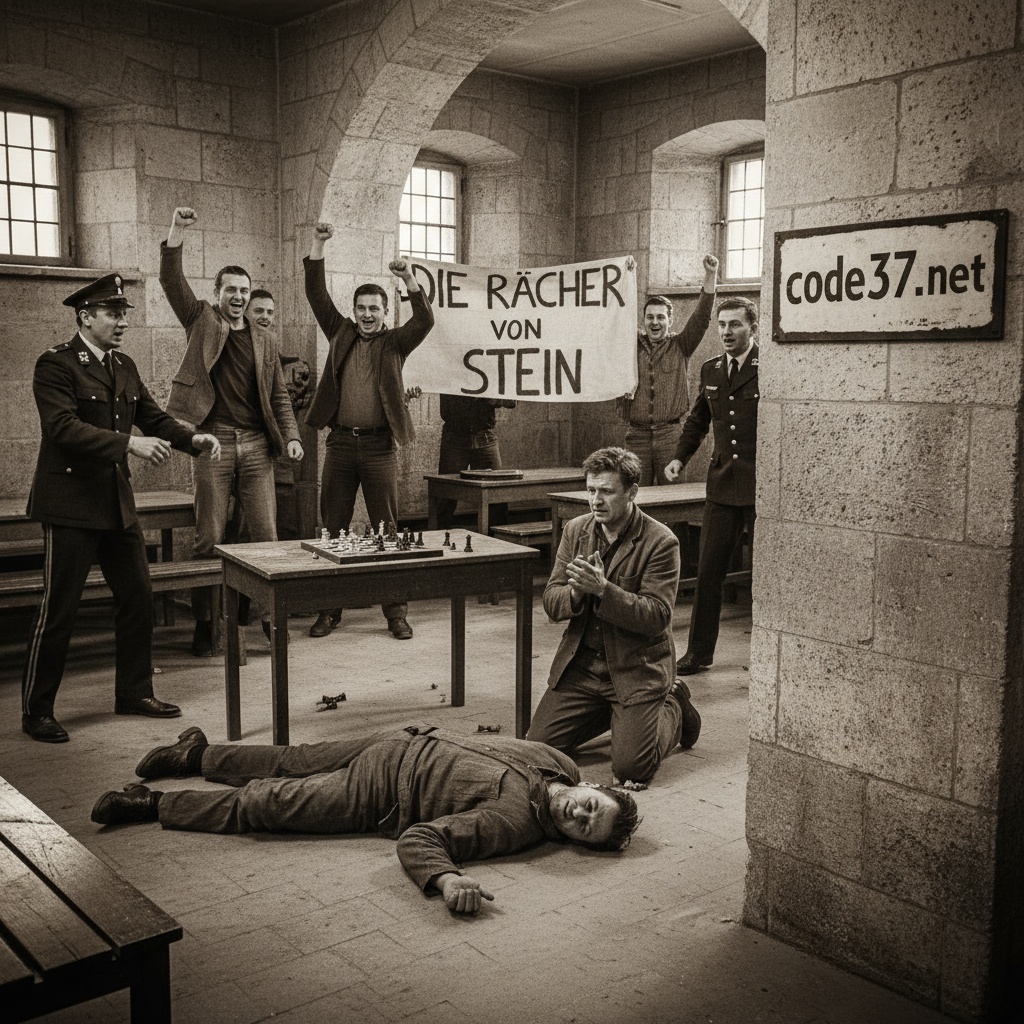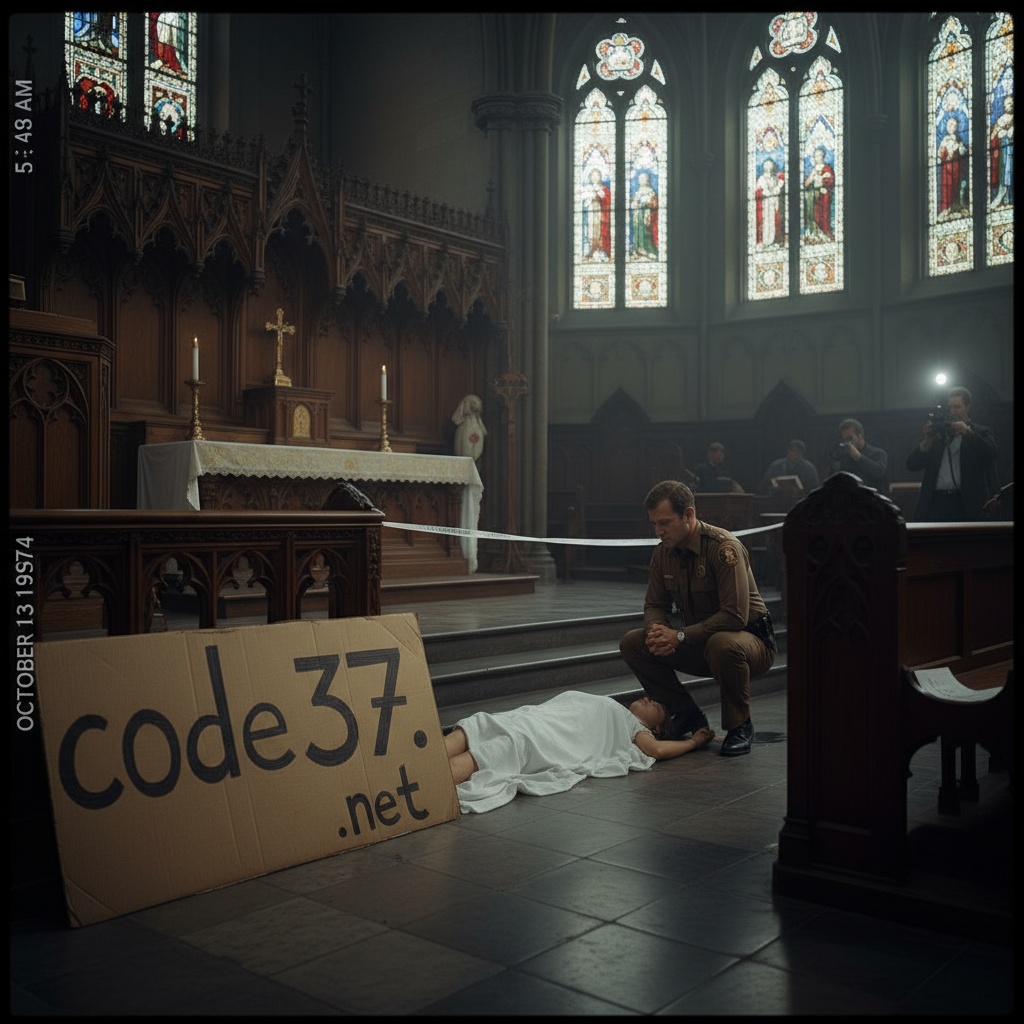
It was July 14, 1910, when children playing in some bushes in the Binder-Au park on Dürnkrutplatz in Vienna’s 2nd district, Leopoldstadt, found the horribly mutilated body of a young woman. Not only was she half-naked and covered in blood, her body had been completely torn apart. The subsequent autopsy revealed that the woman, whose body was covered with dozens of knife wounds, had been killed by a stab wound to the neck. The only clue the perpetrator left at the scene was a palm print. The victim was 20-year-old Josefine Peer, who came from Lechen in Styria. She lived in an apartment at Klosterneuburgstraße 43 in Vienna’s 20th district, Brigittenau. She earned her living as a maid and occasional prostitute, looking for clients in the Danube and relevant establishments. The investigations by the criminal investigators of the Security Office quickly led to 32-year-old Christian Voigt, who not only lived near the victim, but had also used her sexual services. The room assistant came from Tettau, where he was born in 1878. He grew up in difficult family circumstances. After elementary school, he began an apprenticeship as a carpenter, which he quit due to a violent argument with his master. He then led a vagabond life, first in Germany, then in Austria and Switzerland. He was arrested several times for begging and vagrancy. On July 1, 1887, he allegedly stabbed a carpenter in self-defense after being attacked by three carpenters. Years later, he attracted attention again when he attempted to rape and kill a 20-year-old woman in Bavaria. He was admitted to the Hildburghausen mental hospital. In May 1902, he was transferred to the Bayreuth mental hospital, from which he managed to escape in June 1902. In September 1902, he committed another sexual murder. However, as a psychiatrist diagnosed him with mental illness, he was once again admitted to the Bayreuth mental hospital. Although he managed to escape again, this time he was apprehended shortly after his escape. In 1909, he was released from the hospital as cured, which turned out to be a fatal misdiagnosis. Voigt moved to Vienna, the Austrian metropolis on the Danube, where he found a job as a room assistant. One year after his release from the mental hospital, he murdered Josefine. The print of his palm matched exactly with the one found at the crime scene. On August 17, 1910, Voigt was arrested and confessed to the crime due to the overwhelming evidence. On the evening of August 13, he had met Josefine at the sports field. She became pushy, and then everything happened very quickly. Voigt could no longer remember the course of events. He only knew that he had dragged the body to the Binder-Au and left it in the bushes. Josefine’s body was covered with dozens of knife wounds, and her breasts could almost be lifted off. She also had a deep cut that ran from her stomach between her legs and ended in the kidney area. Doctors at the University of Vienna’s medical faculty prepared an expert opinion on Voigt. According to this opinion, Voigt was fully criminally responsible. On October 21, 1910, Christian Voigt was unanimously found guilty of murder by the jury. He was sentenced to death by hanging. His defense attorney desperately tried to have the execution suspended on the grounds of his mental illness. Voigt was lucky, as his death sentence was commuted to a life sentence of hard labor by an act of clemency by Emperor Franz Joseph on February 19, 1912. Voigt served his sentence in Garsten Prison in Upper Austria until he was pardoned by Federal President Wilhelm Miklas in 1930. Once free, he moved to Bavaria, where he married the daughter of a merchant. From then on, he worked in his father-in-law’s business. Voigt was considered rehabilitated and was a great supporter of the NSDAP. However, he was denied membership because of his previous convictions. Christian Voigt died in Nuremberg in 1939, and the Austrian author Robert Musil immortalized him in his novel “The Man Without Qualities.” The protagonist of the novel, the mentally ill sex murderer Moosbrugger, is based on Christian Voigt.




